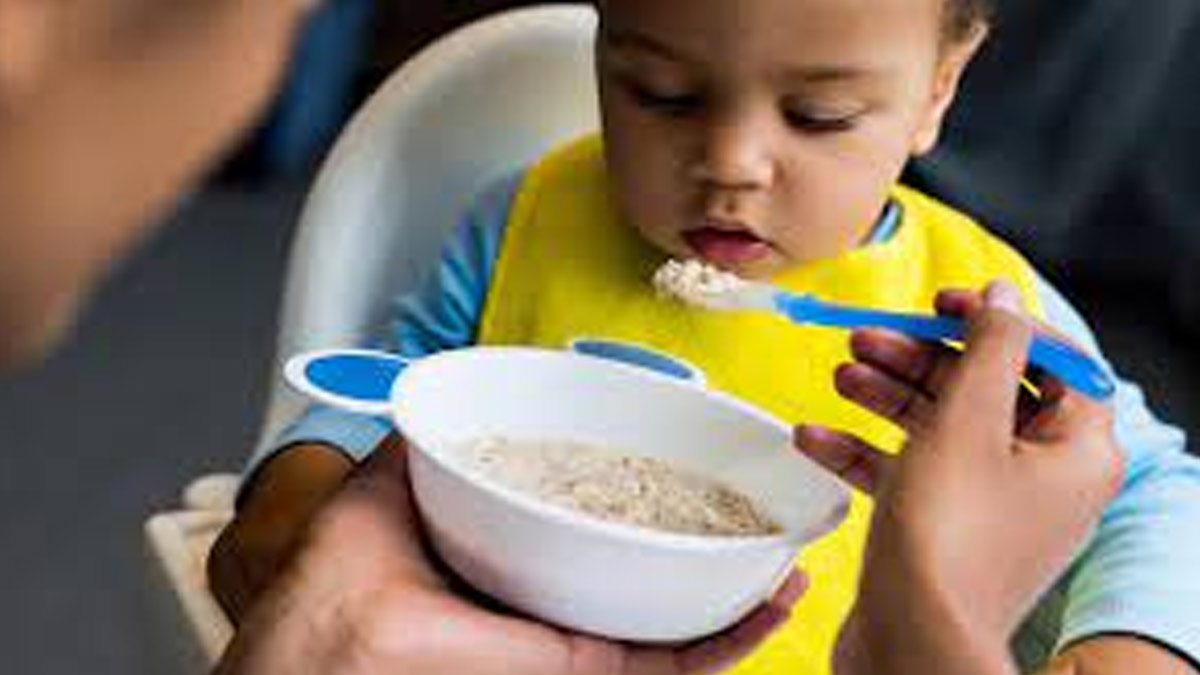
The early years of a child’s life are critical for shaping their long-term health. In groundbreaking research published in the Journal of Science, researchers found that reducing sugar intake during the first two years of life significantly lowers the risk of chronic diseases in adulthood.
Table of Content:-
The study revealed that children who consume minimal sugar in their first 1,000 days after conception or beginning during pregnancy are:
- 35% less likely to develop type 2 diabetes later in life
- 20% less likely to experience hypertension as adults
The findings also emphasise the benefits of low-sugar diets during pregnancy. Women who maintain a low-sugar intake not only improve their own health but also reduce their baby’s risk of developing midlife chronic illnesses.
Why Does The First 1,000 Days Matter?
This critical window, spanning from conception to a child’s second birthday, is a period of rapid growth and development. Diet during this time influences how the body processes nutrients, stores fat, and regulates blood sugar levels—all factors tied to chronic disease risks.

Also Read: Can Immunity Boosters Help Combat Current Air Pollution? Here's What You Need To Know
Is There A Safe Amount Of Sugar For Children To Have?
According to our expert,Dr Devendra Kumar Singh, Senior Consultant, Sharda Care - Health City, Noida, children under two years old need zero added sugar. Additionally, the American Academy of Pediatrics (AAP) also suggests stepping away from added sugar of any sorts and promoting foods and drinks with little or no sugar. As per the same report, on an average, sugar accounts for 17% of children's daily intake, with half of it coming from sugary beverages. Hence, experts suggest that you refrain from adding sugar as much as you can.
Tips For Parents To Build Healthier Habits In Your Child
Adopting a low-sugar diet for your child doesn’t mean sacrificing taste or enjoyment. Here are practical ways to incorporate healthier habits into your family’s routine, according to our expert, Pooja Singh, Dietician, Sharda Care, Health City:
1. Start During Pregnancy
If and when you crave sweetness, try using small amounts of honey or maple syrup instead of processed sugars. Avoid hidden sugars in packaged foods like sauces, snacks, and beverages.
2. Prioritise Breastfeeding (if possible)
Breast milk contains the right balance of nutrients and no added sugars, supporting healthy growth and development of the baby's mind and body.
Also Read: Feeling Bloated? Here’s What You Can Eat Without Stressing Your Stomach
3. Introduce Natural Flavours Early
“When transitioning to solids, offer pureed fruits and vegetables instead of sugary cereals or snacks. Add spices like cinnamon or nutmeg to enhance flavour naturally,” Sharma suggested.
4. Be a Role Model
Show your child that nutritious eating can be enjoyable by preparing meals together and eating as a family. Limit sugary treats for the entire household to normalise healthier choices.
5. Limit Sugar in Drinks
Replace sugary drinks like soda or juice with water, milk, or unsweetened alternatives. Encourage the use of reusable water bottles to make hydration fun and accessible.
6. Make Healthy Snacking Fun
Create colourful snack plates with fresh fruits, nuts, or yoghurt. Offer crunchy and seasonal vegetables like carrots and cucumbers with hummus or guacamole or any seasonal fruits and for dipping.
Bottomline
The study is a paradigm that reducing sugar intake not only prevents chronic diseases but also cultivates habits that benefit the entire family. By implementing healthy strategies early, parents can help their children build a foundation for lifelong health.
Also watch this video
How we keep this article up to date:
We work with experts and keep a close eye on the latest in health and wellness. Whenever there is a new research or helpful information, we update our articles with accurate and useful advice.
Current Version